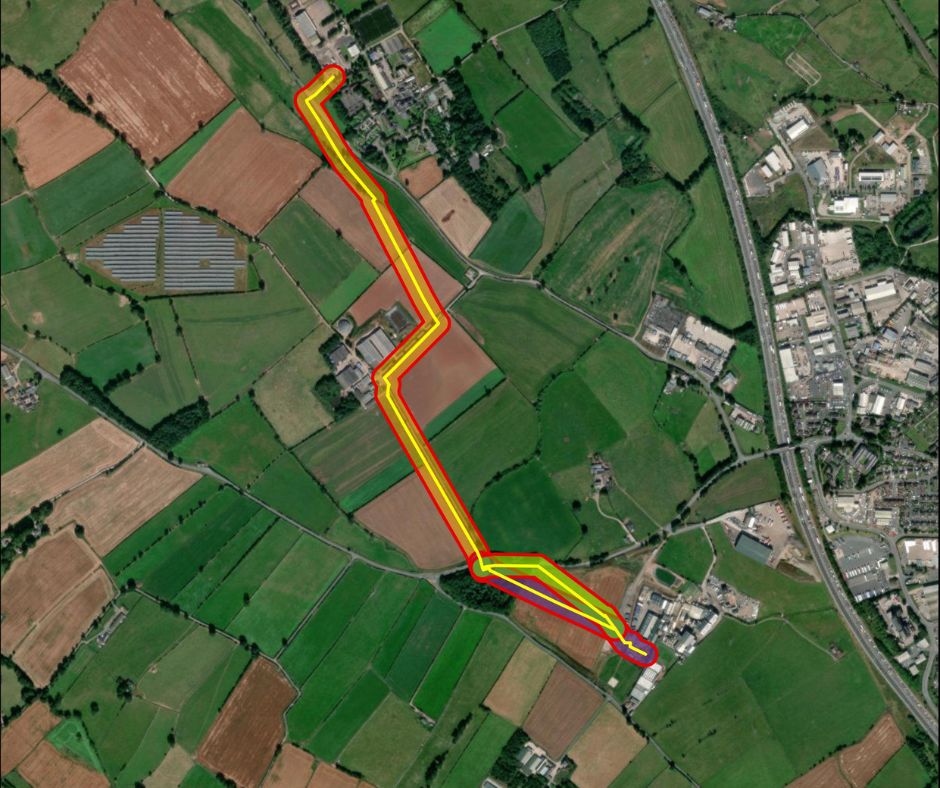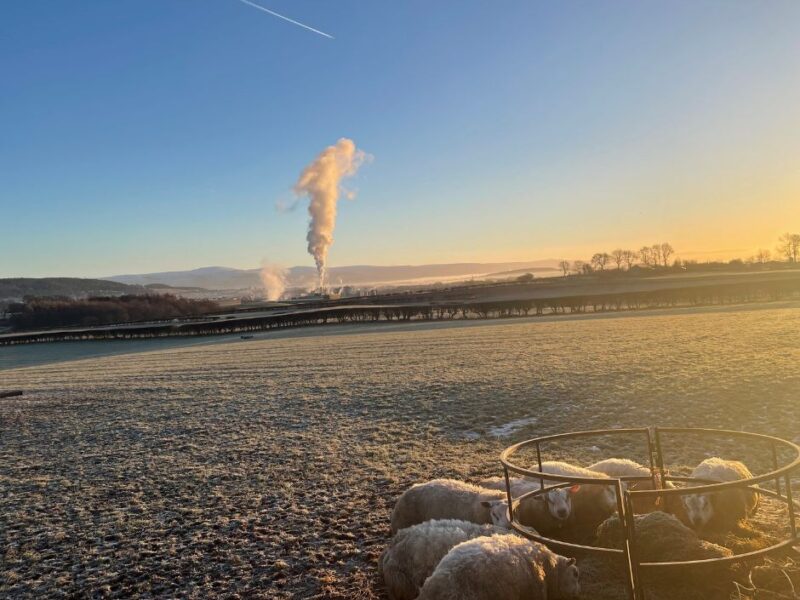
Omega Proteins Ltd applies for planning permission for a District Heat Network
Omega Proteins Ltd, which is part of the Leo Group and operates an animal by-products processing plant to the west of Penrith, has submitted an application for planning permission to install a district heating system. This project is in line with our corporate strategy and policy, as Leo Group is committed to using the best available techniques and adopting environmentally friendly technologies to help the UK achieve its net-zero ambitions. Protecting the environment and reducing our CO2 emissions is a top priority for us.
Andrew Watt at Maze Planning Solutions, Leo Group’s planning consultant commented: “The Government’s Energy Act became law on 26 October; it includes measures to promote and support the creation of heat networks as a means of addressing the challenges of climate change, so the principles of the scheme proposed for Penrith finds support at the highest level. The construction of heat networks is recognised as a crucial part of how the UK will reach its net-zero targets. It is one of the most cost-effective ways of decarbonising heating systems in the UK, which presently rely heavily on boilers fuelled by natural gas and oil.”
This project will harvest waste heat from industrial processes at Omega Proteins Penrith and transfer it via a new dedicated subterranean pipeline to Sewborwens Farm and Newton Rigg Estate where it will be used for space heating of buildings.
The proposed pipeline would be about 2,100 metres long and would run underground. The pipeline route has been chosen to minimise the impact on trees and natural habitats. Most of the route runs through farmland of low ecological value, which can be easily and quickly restored once pipeline construction is complete. Restoration of disturbed land would take place during the development phase, as would any compensatory planting required to support local biodiversity. Once constructed, the pipeline will no longer be visible.
The heat network we are proposing is a closed loop system, with pipes passing clean hot water through the network and returning it to the heat source, where it is recharged and returned to the cycle. The use of heat exchangers ensures that the industrial heat source does not mix with the clean water flowing through the sealed heat network pipes.
Nina Schwarz, PR Manager at Leo Group, said: “The proposed Omega / Sewborwens / Newton Rigg heat network would be the first of its kind in Cumbria. When completed, it also has the potential to expand to heat up to 3,000 homes and businesses in Penrith. And it is another building block and part of our ongoing commitment to introducing environmentally friendly technologies at our Penrith site, with the aim of becoming carbon neutral. For this commitment we have just been awarded the regional Planet Saver Award by Cumbria Chamber of Commerce.”




